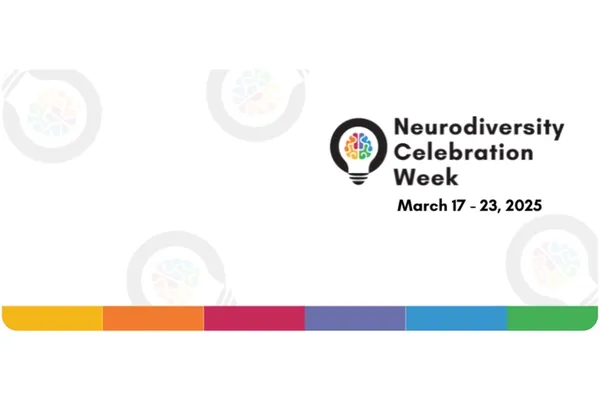The bits that matter to us!
The emphasis on Wellbeing in schools is both timely and crucial. Recognising the importance of Mental and Emotional Health in the development of young people is a significant step towards creating a supportive educational environment. We are delighted to see the words:
'The children’s wellbeing bill will “put children and their wellbeing at the centre of the education and children’s social care systems, and make changes so they are safe, healthy, happy and treated fairly.”'
The proposed provisions, such as strengthening multi-agency child protection and safeguarding arrangements, requiring free breakfast clubs in every primary school, limiting the number of branded items of uniform and PE kits that a school can require, and increasing cooperation around SEND and ‘lost’ children, could have a significant impact on children’s wellbeing. Also, re-establishing Child Poverty as a priority, although a separate proposal, is closely linked to these measures. We look forward to seeing and contributing to the legislative process.
We also look forward to legislation and the appropriate level of support and resource for schools and welcome the new Education Secretary’s recognition that:
‘The scar of child poverty, severe financial pressures squeezing all your budgets, high workload, climbing vacancy rates, strain on care, mental health and SEND services, among many other issues, have made your jobs increasingly difficult.’
To support the agenda set out above and prepare schools for their future legal responsibilities, we’d suggest asking some pertinent, reflective questions:
How effectively are we identifying and supporting students with emotional and mental health needs?
This question prompts schools to assess their routine approaches for detecting students who might be struggling emotionally and mentally. It encourages reflection on the tools and processes in place for early identification and intervention, ensuring that no student slips through the cracks. This means identifying need, and spotting changes!
What programs and resources do we have in place to promote Emotional Wellbeing and Mental Health?
This question focuses on the proactive measures a school is taking to teach students about emotions, coping strategies, and resilience. It encourages schools to evaluate the curriculum and extracurricular activities aimed at fostering these crucial life skills and a bespoke approach for those who need it most.
How are we supporting our staff to address student wellbeing effectively?
This question emphasises the importance of equipping teachers and staff with the necessary skills, knowledge and tools to support student wellbeing. It urges schools to consider the professional development opportunities and resources available to their staff in this area. It is much more than a one-off piece of training for a select few. How do we embed this into our CPD routine?
How are we assessing our Whole School Approach and developing an evidence-based improvement plan?
This question underscores the necessity of a comprehensive approach to student wellbeing that encompasses all aspects of Leadership, Management, Policy, Practice, Environment, Ethos, Staff and Pupil Development. It prompts schools to evaluate their communication and collaboration strategies with families and external organisations to establish a consistent support network for students.
What metrics and feedback mechanisms do we have in place to evaluate the effectiveness of our wellbeing initiatives?
This question drives schools to consider how they measure the success of their wellbeing programs. It involves examining the data collection methods, feedback from students and staff, and the overall impact of the initiatives on the school environment and student outcomes.
By addressing these questions, schools can gain a comprehensive understanding of their current provision for wellbeing and identify areas for improvement to ensure a supportive and nurturing environment for all students.
If you’d like to discuss how Motional underpins and supports all of these areas, get in touch by clicking the pink circle.




